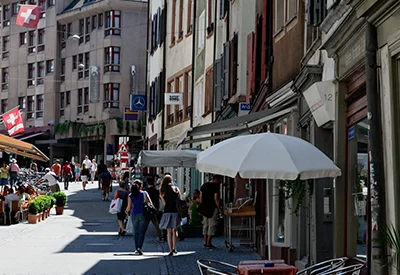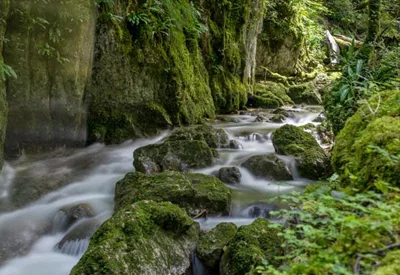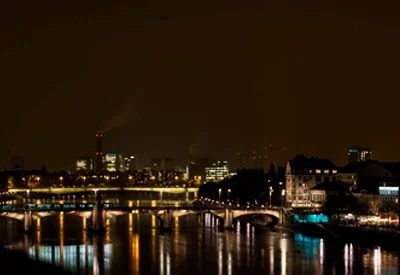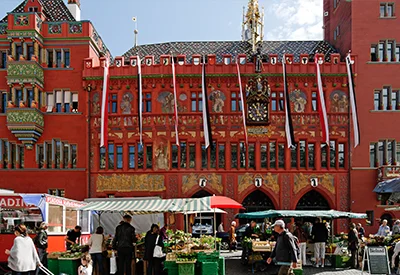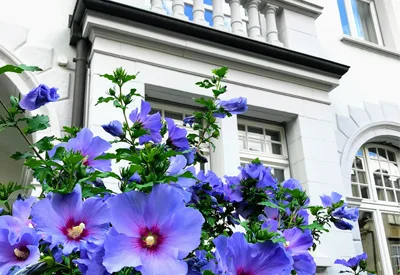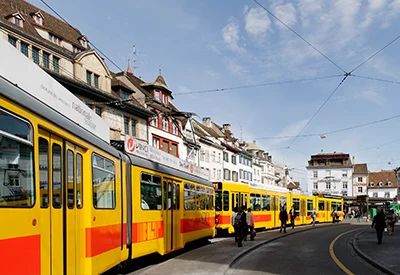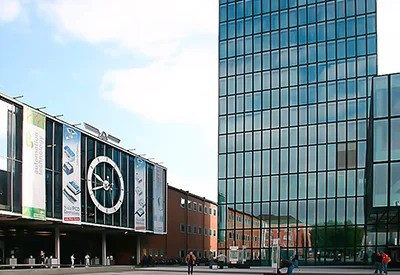Education
In Switzerland, there is no national school system, as the schools are run by the member states (cantons) individually. In Basel-Stadt, the primary goal for schools is to give the children a good basis for a professional career. Parents are considered partners of the school. Employers and training companies are also in close contact with the intermediate schools. After school there are two major pathways for children. About 50% of all teenagers start an apprenticeship after leaving school, which is a little different than in most other countries. The person is employed by a company but still attends school school for a couple of days each week. After 3–4 years you receive a state-certified diploma. The other 50% head off to universities all across Switzerland, as you are accepted automatically to every Swiss university.
The mission of the International School Basel is to provide an international education to the highest recognized academic standards.
The School is committed to promoting learning, cultural awareness and international understanding and to developing respect and appreciation for people of all nationalities, religions, and cultural backgrounds.
Five of the best universities in the world are located in Basel and the surrounding area. In addition to the University of Basel, the Shanghai index also cites the ETH (Swiss Federal Institute of Technology) in Zurich, the University of Zurich, the University of Freiburg im Breisgau (Germany), and the University of Strasbourg (France).
Basel University, founded in 1460, is the oldest in Switzerland. Today it has about 13,000 students in seven faculties: science, humanities, medicine, economics, law, psychology, and theology.
The "Fachhochschule Nordwestschweiz", FHNW (University of Applied Sciences Northwestern Switzerland) has departments in Basel, Muttenz, Olten, Aarau, Solothurn, and Brugg (all smaller towns around Basel). The FHNW is less academic than the university and sees itself as a research partner for private industry in a wide variety of fields. Often student already work part-time with companies while doing their studies.
